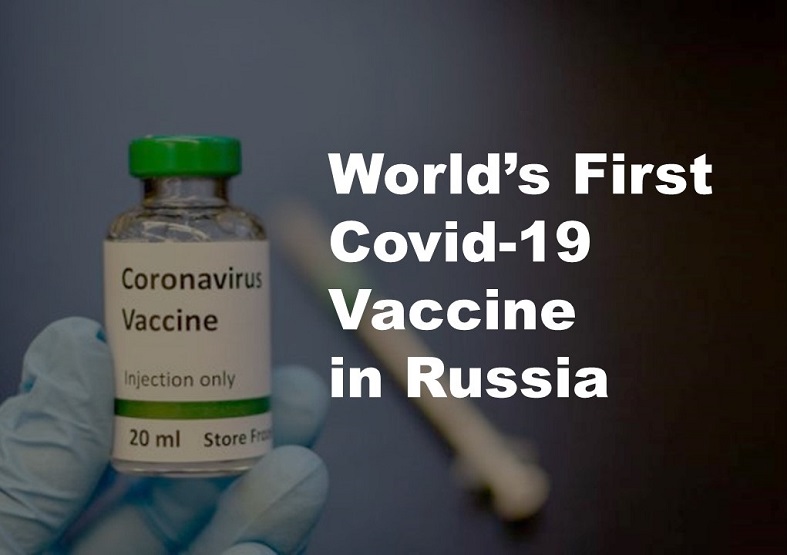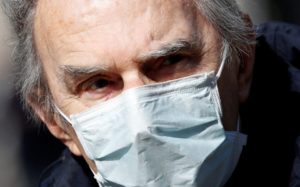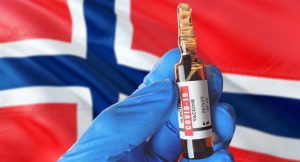Firstly, scientists at the Gamaleya Research Institute of Epidemiology and Microbiology, in Moscow, devised a candidate vaccine that elicits a robust immune response, with reportedly no serious side effects in humans.
The last few weeks also saw the development of a much faster COVID-19 test and an experimental intranasal vaccine that was effective in mice.
Finally, a meta-analysis helps settle the matter of whether blood pressure drugs make COVID-19 better or worse, while an arthritis drug may reduce severe illness.
The Russian experimental vaccine, known as Sputnik V, uses a modified version of an adenovirus that causes the common cold. Denis Logunov, the study’s first author and head of the research lab at Gamaleya, explains how it works.
The researchers assessed the candidate vaccine in a small phase 1 and 2 trial that lasted 42 days and included 38 healthy participants aged 18–60.
At this point in the study, the scientists wanted to assess the experimental vaccine’s safety and its ability to elicit an immune response, rather than whether it can prevent infections with the new coronavirus.
The results showed a strong immune response in the participants. They developed antibodies and T cell responses, both of which are important in fighting off an infection.
The Russian candidate vaccine was also reported to be safe and did not elicit any serious side effects. Next, the team plans to enter phase 3 of the trial, which will involve 40,000 participants.
Alex
Koordynator projektu




